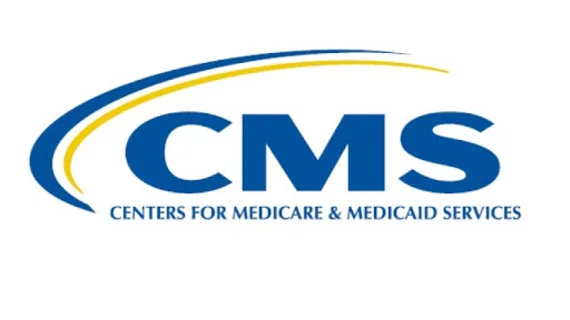CMS proposes 2020 payment notice
The Trump administration’s CMS has proposed a number of changes to the 2020 coverage year, including making changes to the individual health insurance exchange and qualified health plan provisions.
The proposal addresses risk adjustment provision and data validation programs, as well as cost-sharing measures, user fees for the individual market exchanges and navigator requirements on the federal platform.
The proposal would impact plan years starting January 1, 2020. According to CMS, the rule would contribute to lower premiums for consumers and increase market stability.
“Following the first-ever drop in premiums for plans sold on the Federal Exchange for 2019, in another first CMS is proposing to reduce the Exchange user fee charged to insurers to fund Exchange operations,” CMS Administrator Seema Verma said in a statement. “Reducing this user fee will reduce the premium each consumer pays in 2020. Under President Trump’s leadership, we’re finally moving the Exchange and the market in a new and positive direction.”
For the exchange and qualified health plan (QHP) provisions, the proposal would loosen requirements for navigators, who help consumers navigate the individual exchanges; streamline direct enrollment for QHP issuers and applicants; segregate funds for abortion services; make changes to prescription drug benefits; and voice support for a legislative solution that would end silver loading, or the rising prices of silver-tiered health plans.
The rule would also recalibrate risk adjustment models using more recent 2017 and 2016 data and bolster the risk adjustment data validation audit program. For 2020, the administration also proposed lowering the user fee rate on the federally-facilitated exchange (FFE) from 3.5 percent to 3 percent of premiums for QHPs sold, and lower the state-based exchanges on the federal platform fee to 2.5 percent from 3 percent of the premium for the 2019 benefit year.
It also makes changes to the maximum annual limitation on cost-sharing parameters and exempts individuals from the requirement to have minimum essential coverage if the amount they pay exceeds a particular percentage of household income for a year.
The administration has asked for comments on the proposed rule, which is scheduled to be posted on the Federal Register on January 24.
See the proposed rule here.

